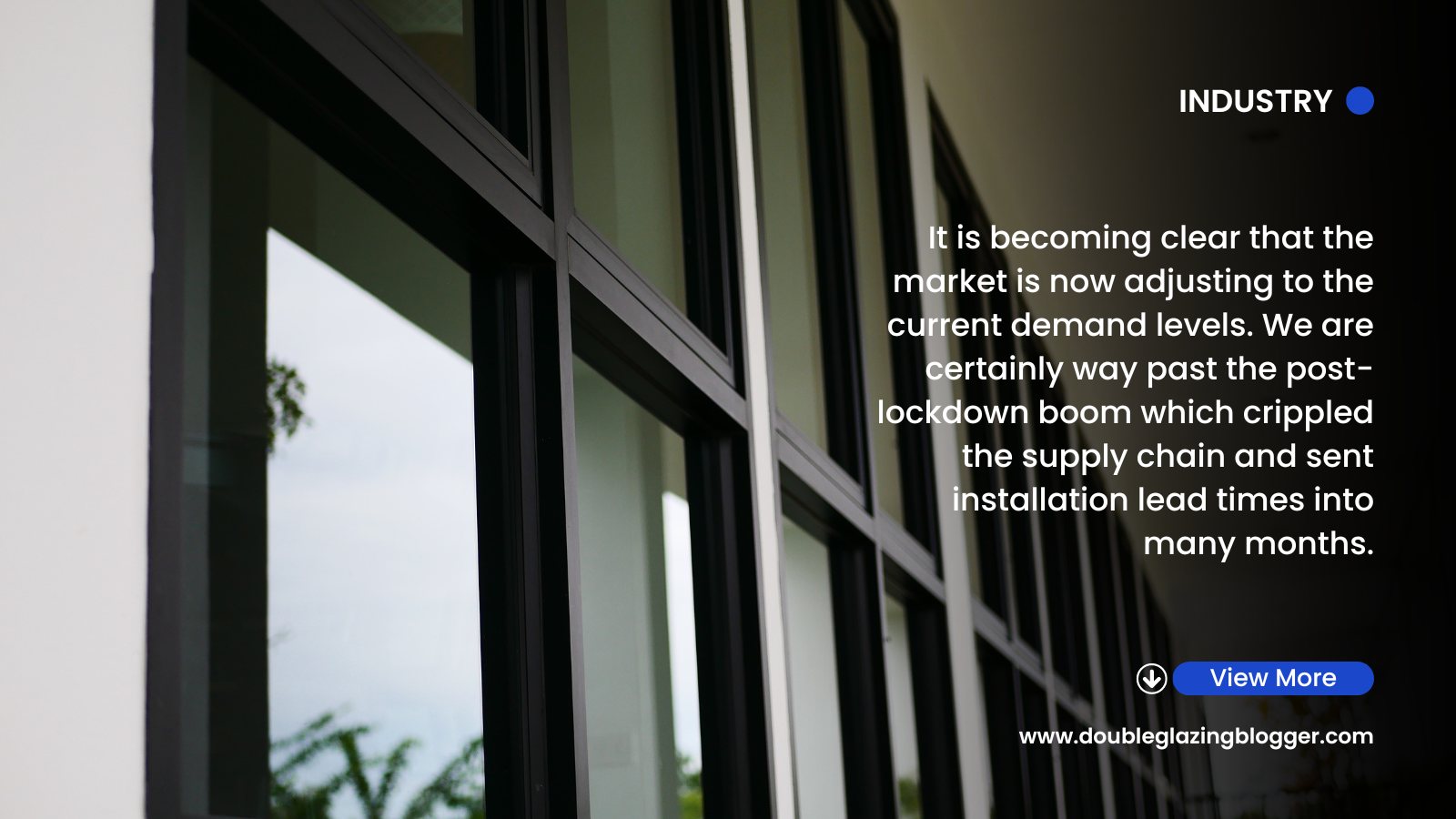In normal times, our industry goes through a series of peaks and troughs during the course of a year. Christmas, January and February are traditionally the quietest months. The holidays, money and Winter keep things quiet. Then Spring comes and business picks up nicely all the way to the end of July and August where it normally dips due to families going on holiday. Then its silly season from the day the kids go back to school to the end of November when people rush to get their projects finished in time for Christmas.
Those ups and downs in a year allow us to plan and forecast, as well as take a breather to catch our breath, to recharge and operate through the year at a steady pace.
The past year however has not been normal, in every single sense. Our industry has gone from closed to cripplingly high demand and it is taking its toll.
The burnout is real
From May 2020 to right now, our sector has operated through a period of intense demand. I have worked in this sector for 16 years and nothing comes close to this level of demand for such a long period of time. We have had nearly a solid year of being completely overwhelmed by the amount of business coming in.
On the face of it, that sounds fantastic. Work coming in so quick you can’t cope. So many leads you barely need to try to sell properly as it’s so blaze the way in which people are spending their money on their homes. Sounds like a dream world. Indeed, many are breaking records, fitting schedules for some now reaching August would you believe, and expansion of premises sought just to house the extra products being made or delivered. The sector is drowning in work.
The effects of this sustained high demand however are now taking their toll. It’s come at a time when the pandemic has upended global transport, with ships and containers now the only main source of getting most goods from A to B. It has pushed up delivery costs to astronomical levels, with prices set to rise further. Demand for raw materials such as steel, resin and glass is higher than the pace of production can keep up, again leading to almost weekly price increases and suppliers implementing those with near-immediate effect. Perhaps most importantly, it is taking a human toll on those of us who work in this sector.
Endless reports of working constant weekends and evenings. People going into the factory or office at 5am. Quotes being sent in the middle of the night. I even had one person tell me they would wake up in the middle of the night thinking about windows. These are not working routines and patterns that support a healthy lifestyle. Yes, it’s great to have lots of work, and yes we should be thankful because many other sectors are not in our position. But I can see that this amount of work is grinding us down relentlessly. In private conversations with others in this sector, it has become clear the novelty of so much demand wore off a long time ago.
As I mentioned at the start, the usual dips in trade allow us to pause and gather for the next phase of business. We haven’t had that time to rest and recuperate for almost a year. The usual ways to blow off steam, such as going out for a drink, meeting friends, watching a film etc have not been available to provide small relief.
The industry was never built for this amount of business, and therefore we have not been able to scale up to manage the demand. This is something I will take a closer look at this week. But the burnout is real. People are tired. I get a sense of numbness when I speak to people now. Any joy about the situation has long gone. This is what burnout is, and we have to address it and change our way of thinking about high demand.
Acknowledge, accommodate, allowances
As a sector, we should ponder meaningfully about the situation we have found ourselves in. We are incredibly fortunate to operate in a niche of the economy where people are still free to spend their money. Many other sectors of the economy remain closed or largely restricted, with job losses mounting and prospects even after lockdown far from certain. We have been blessed with the exact opposite situation, but that does not come without its own challenges.
Stress levels from the top to the bottom of the supply chain have been running high since May last year. High demand, product shortages, quality problems, poor communication have all combined to create what has been a very difficult period to trade in. Winning orders does not mask any of these issues, and I do fear for the mental health of those working in our industry right now.
I see on social media, more LinkedIn than other platforms, statements almost glorifying the insane hours being worked. Phrases like “may hay” and “time to step up” are so blaze and flippant and do not acknowledge the reality of working in such a high demanding environment for a period of time far longer than any of us have experienced before. It is putting major pressure on the mental health of our workers at all levels of the supply chain. Phrases like this do not help in my opinion.
What is worse, I have seen backlash on social media should anyone dare to question the “make-hayers”, being branded as negative or doom-mongers. We appear to be hiding the fatigued nature of our incredibly hard-working people behind platitudes which is only going to make things worse for those feeling vulnerable right now.
Right now I am running a poll on the DGB Twitter account which has had high engagement so far. It asks simply if you are suffering from fatigue and burnout due to the current demand pressures:
Fenestration industry: are you experiencing fatigue and burnout due to continued very high demand and large workloads?
— glazingblogger (@glazingblogger) March 19, 2021
I am running this poll on LinkedIn and the percentages are very similar. I also want to gauge opinion from my readers on DGB too. So please take a moment to vote before you leave to take on the rest of your day.
Poll:
[yop_poll id=”4″]
This is something I believe we have to accept and acknowledge straight away. Demand looks set to continue to be high for months to come, with further problems predicted on product shortages and price increase. With the chances of Brits getting away for summer holidays looking slimmer by the day, and showrooms in England being allowed to reopen from April 12th, there is a good chance that a surge of business on top of this current surge could put us under more pressure. With more than 70% saying that they are fatigued and burned out, this is a serious situation that we have to adapt to.
Tired people, stressed people, fatigued people make mistakes. We’re not just talking about processing errors and the odd window that has been priced wrong. The health and safety of staff have to be considered. When people are tired they don’t concentrate, and when people don’t concentrate accidents can happen. We should be looking at ways to make our businesses as efficient as possible, manage expectations as best we can, and put in place plans, however they might look, to maintain the welfare and mental health of our staff. We’re all a team, we’re all in this together. The pandemic drags on, the lockdown remains, all whilst dealing with a truly unique and high-pressure situation in business. Let’s find ways to reduce the fatigue, focus better, work better, be happier and enjoy the fruits of our work without grinding ourselves into the ground.
To get weekly updates from DGB sent to your inbox, enter your email address in the space below to subscribe:
By subscribing you agree to DGB sending you weekly email updates with all published content on this website, as well as any major updates to the services being run on DGB. Your data is never passed on to third parties or used by external advertising companies. Your data is protected and stored on secure servers run by Fivenines UK Ltd.





